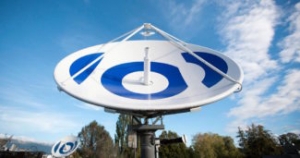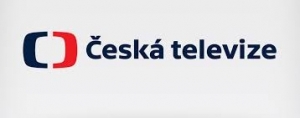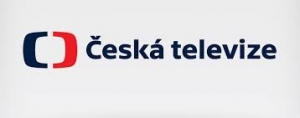La pandemia ha aumentado las audiencias de los medios de comunicación estatales de Europa, con los europeos recurriendo a las noticias basadas en hechos, según la asociación de medios y estudios académicos sobre las emisoras.
Todos los canales de televisión, radio y medios digitales han experimentado aumentos, especialmente en Europa occidental.
Pero mientras el público parece estar agradecido, las emisoras estatales del continente se enfrentan a una doble amenaza. Los gobiernos populistas de Europa Central han estado o están buscando reducir su independencia editorial, transformándolas en portavoces oficiales, advierten activistas de derechos humanos y periodistas.
En Europa occidental, por el contrario, los gobiernos de centro-derecha se ven sometidos a una presión cada vez mayor por parte de legisladores conservadores y populistas para desfinanciar a las emisoras públicas.
La atención en las últimas semanas se ha centrado en la televisión checa y en lo que críticos del gobierno populista del primer ministro Andrej Babis dicen son esfuerzos para politizar su junta directiva y socavar al equipo de alta dirección de la emisora antes de las elecciones parlamentarias de octubre.
La semana pasada, la Unión Europea de Radiodifusión (EBU), una asociación comercial, instó a los legisladores checos a proteger la independencia de la emisora estatal del país, diciendo que Ceska Televize es "la marca de noticias más utilizada en la República Checa, con el 60% del país utilizando sus servicios al menos semanalmente".
Leer noticia completa




